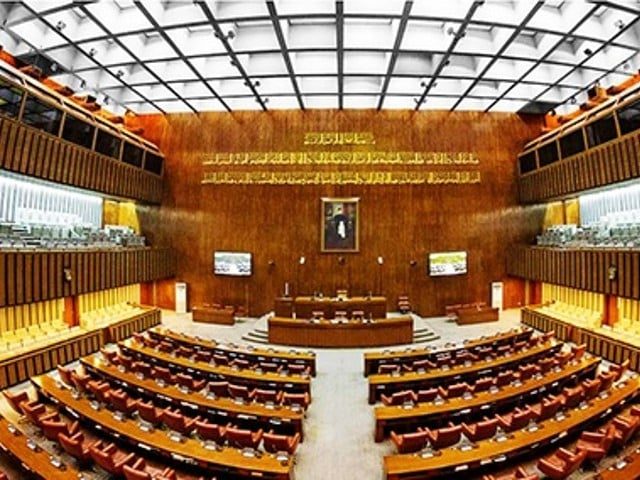
By our correspondent
ISLAMABAD: The Senate Standing Committee on Justice has made a significant move by approving a bill that aims to increase the number of judges in the Supreme Court from the current 17 to 25. This decision comes amidst ongoing debates regarding the efficiency and capacity of Pakistan’s judiciary in addressing the growing backlog of cases. The proposal, which has faced opposition from notable political factions, including the Pakistan Tehreek-e-Insaf (PTI) and Jamiat Ulema-e-Islam (JUI), highlights the complexities and challenges of judicial reform in the country.
During the committee meeting, chaired by Senator Farooq H. Naek, Senator Abdul Qadir advocated for the bill by pointing to the rising population and crime rates that have contributed to an overwhelming caseload. He emphasized that the number of judges has remained unchanged since the 1990s, despite the substantial increase in cases requiring judicial attention. Qadir’s argument reflects a broader concern about the judicial system’s ability to cope with modern demands, particularly as unresolved cases can linger for decades, causing frustration and a lack of trust in the legal system.
However, the bill did not pass without dissent. Senator Kamran Murtaza raised pertinent issues about vacant seats in the high courts and noted that, until recently, Supreme Court proceedings had been slow, despite the current increase in cases being heard. This concern was echoed by Senator Hamid Khan, who cautioned against hastily increasing the number of judges. He drew a comparison to the Indian judicial system, which has 34 Supreme Court judges, and suggested that the focus should be on addressing internal conflicts within the court that contribute to delays rather than simply increasing the number of judges.
Additionally, Senator Anusha Rahman raised critical financial questions about the government’s coverage of utility bills for Supreme Court judges and the ongoing pension payments to retired judges. Such concerns hint at broader issues of financial accountability within the judiciary and the state’s obligations to support its judicial framework.
Khan further argued that the recent 26th Amendment weakened judicial independence, implying that increasing the number of judges could be viewed as a governmental attempt to exert influence over judicial decisions. This sentiment was mirrored by Senator Murtaza, who expressed apprehension that a larger judiciary could potentially sway rulings in favor of the government, raising concerns about the separation of powers and judicial integrity.



